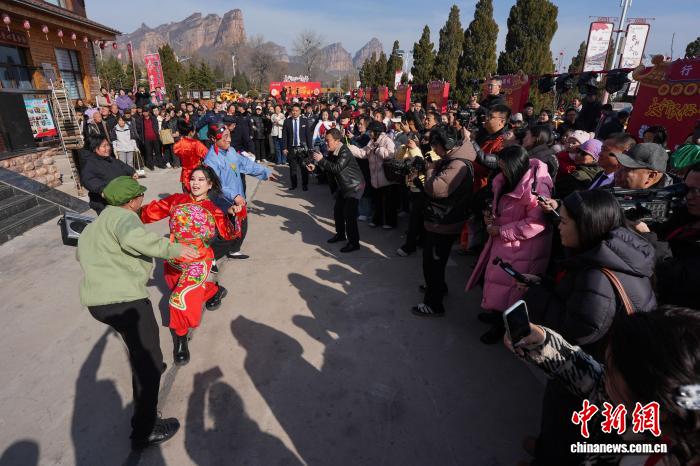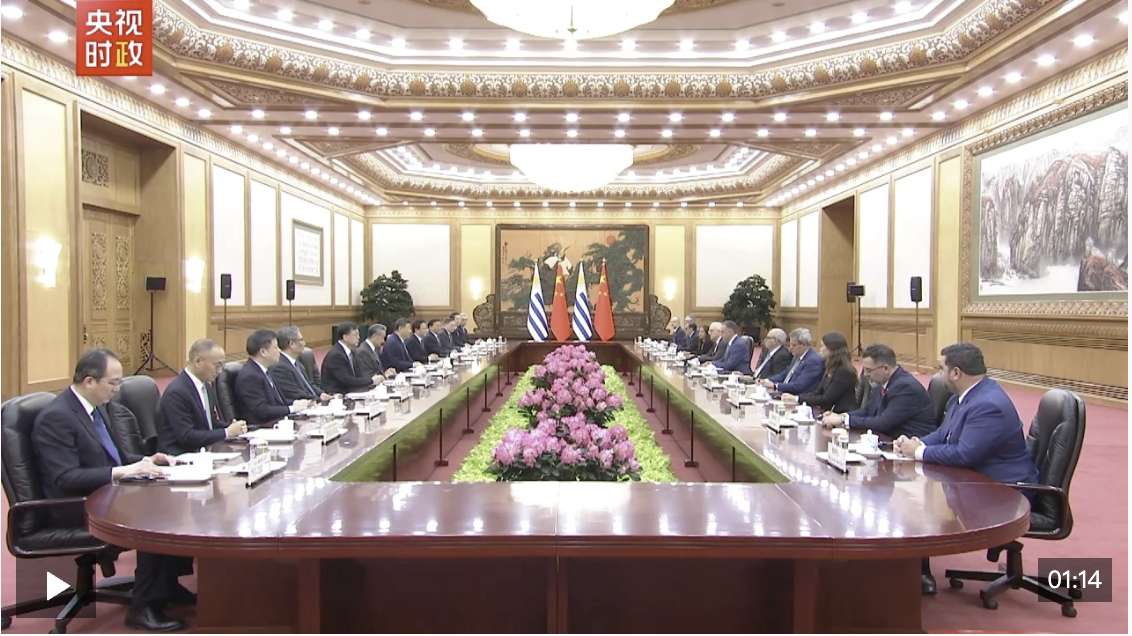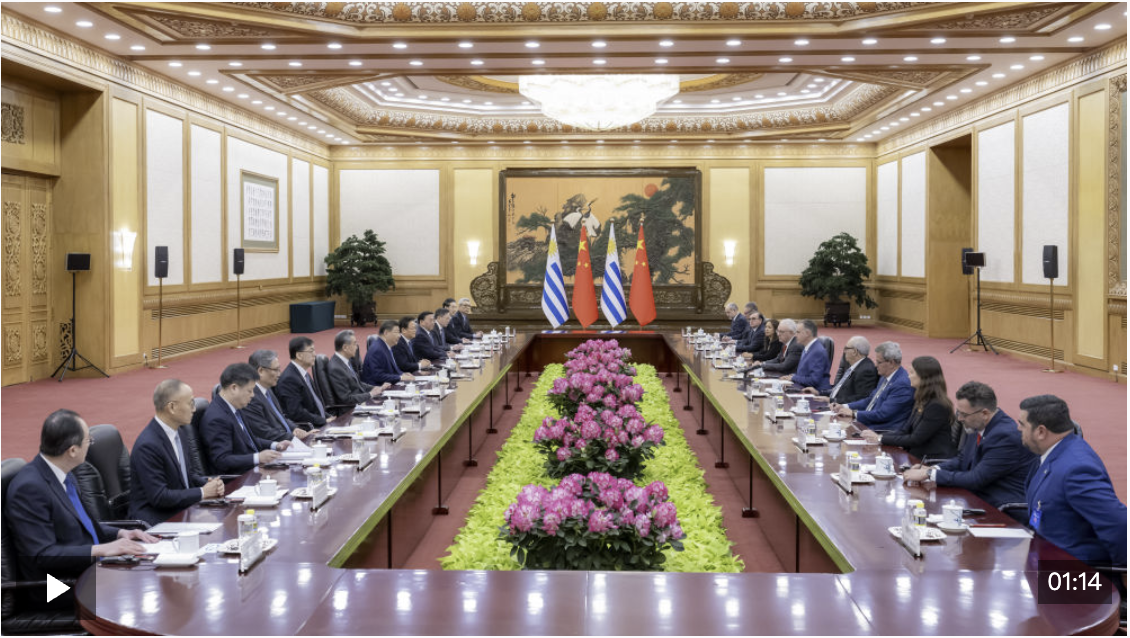Amendment to improve health, quarantine measures
Revised law to prevent cross-border transmission of infectious diseases
Chinese lawmakers on Friday passed an amendment to China's Frontier Health and Quarantine Law to prevent cross-border transmission of infectious diseases and resolve major public health threats.
The amended law, which will take effect on Jan 1, stipulates that customs authorities have the authority to require taking body temperatures and carrying out medical inspections for inbound and outbound travelers.
For foreigners who refuse quarantine measures, customs may decide to deny them entry and inform immigration officials.
For travelers who are suspected of contracting infectious diseases, customs may issue a medical card so they will be prioritized when seeking treatment at local hospitals. Local disease control officials should also be notified.
The General Administration of Customs, China's top customs authority, should also keep upgrading or streamlining quarantine procedures based on monitoring and risk uation of domestic and overseas epidemic situations.
Cross-border travelers who fail to truthfully declare their health status and other relevant information, or refuse quarantine examinations will be issued a warning or face a fine up to 10,000 yuan ($1,380). The maximum penalty for serious violations will be 50,000 yuan, according to the law.
It added that customs shall protect trade secrets, personal information and privacy, and shall not infringe upon the rights and interests of institutions and individuals.
Liang Ying, an official of the National People's Congress Standing Committee's Legislative Affairs Commission, said on Friday that the revision highlights the improving science and precision of quarantine measures to strike a balance between curbing the spread of infectious diseases and ensuring normal international trade.
New revisions have also incorporated lessons learned during fights against previous epidemics and improved both regular quarantine measures and emergency response action at ports amid major contagious outbreaks, he added.
Also on Friday, the NPC Standing Committee passed an organic law for the rural collective economy. According to the law, the government will support the development of these organizations through fiscal, tax, financial, land, talent and industrial policies, to strengthen the new rural collective economy and safeguard the interests of farmers.
Lawmakers also adopted the newly revised law on emergency response and a decision to amend the accounting law.
Meanwhile, it adopted a decision to appoint Lei Haichao as health minister. Lei was former head of the Beijing Municipal Health Commission.
 最新热点
最新热点
-
遇见广州,解锁未来都市的N种模样 | 粤见APEC
-
独家视频丨习近平同乌拉圭总统奥尔西举行会谈
-
独家视频丨习近平同乌拉圭总统会谈:持续深化全面战略伙伴关系 加强全球南方团结协作
独家视频丨习近平同乌拉圭总统会谈:持续深化全面战略伙伴关系 加强全球南方团结协作
最新热点2月3日上午,国家主席习近平在北京人民大会堂同来华进行国事访问的乌拉圭总统奥尔西举行会谈。 习近平指出,中国有句古语,“相知无远近,万...
-
独家视频丨习近平同乌拉圭总统会谈:你是中国人民的好朋友 也是今年首位访华的拉美国家元首
独家视频丨习近平同乌拉圭总统会谈:你是中国人民的好朋友 也是今年首位访华的拉美国家元首
最新热点2月3日上午,国家主席习近平在北京人民大会堂同来华进行国事访问的乌拉圭总统奥尔西举行会谈。 习近平指出,38年前的今天,中乌实现建交。38年来,无...
-
广东这个千年古县,韩愈来了都说好














 北京将打造现代化首都都市圈 壮大先进制造业集群
北京将打造现代化首都都市圈 壮大先进制造业集群
 中国“个性年货”俏销 多元供给精准对接需求
中国“个性年货”俏销 多元供给精准对接需求
 中国成功发射卫星互联网低轨18组卫星
中国成功发射卫星互联网低轨18组卫星
